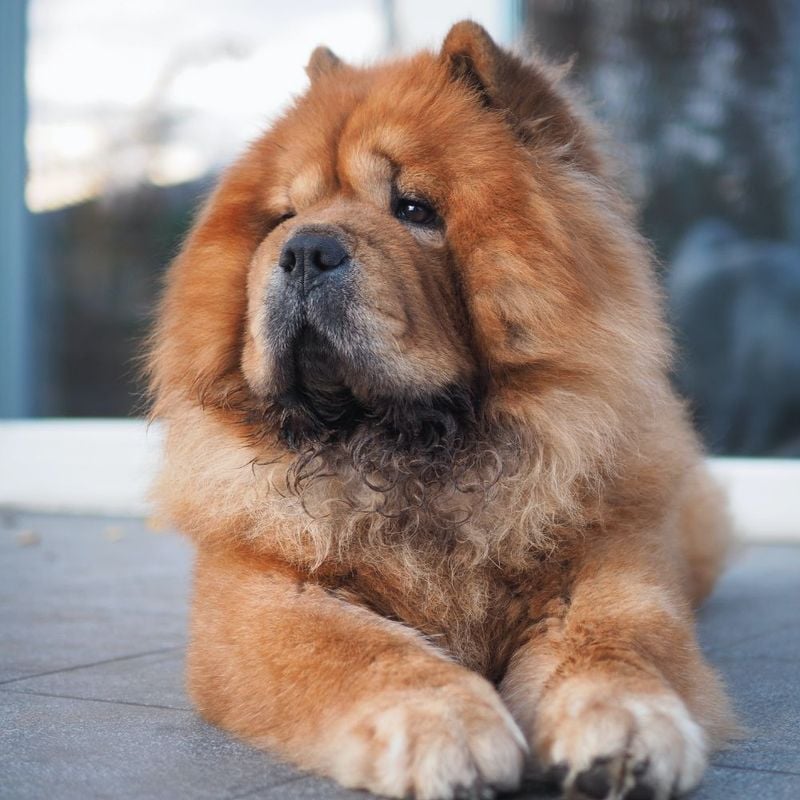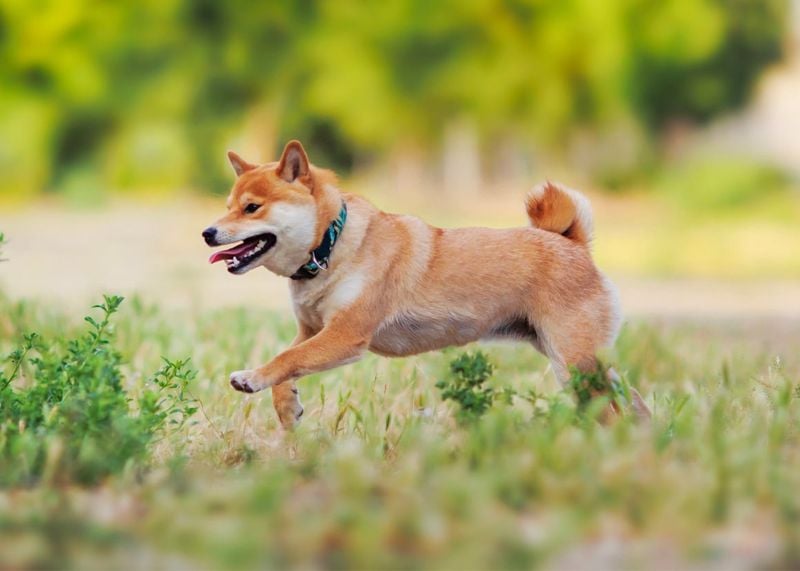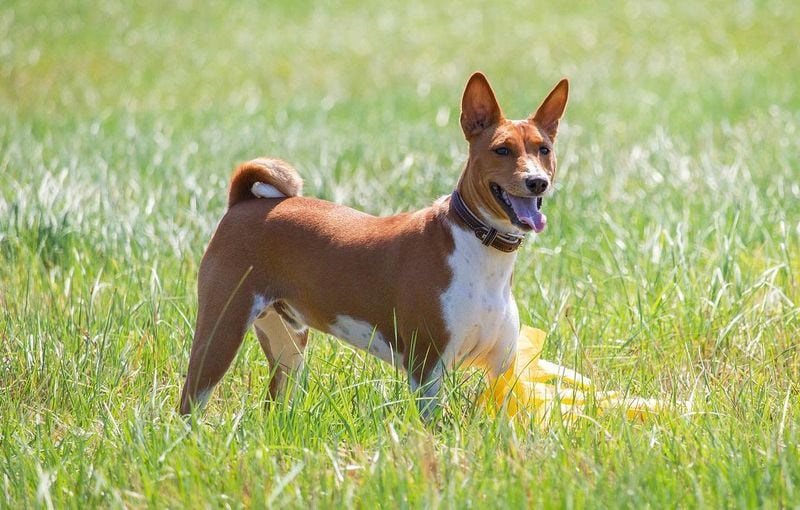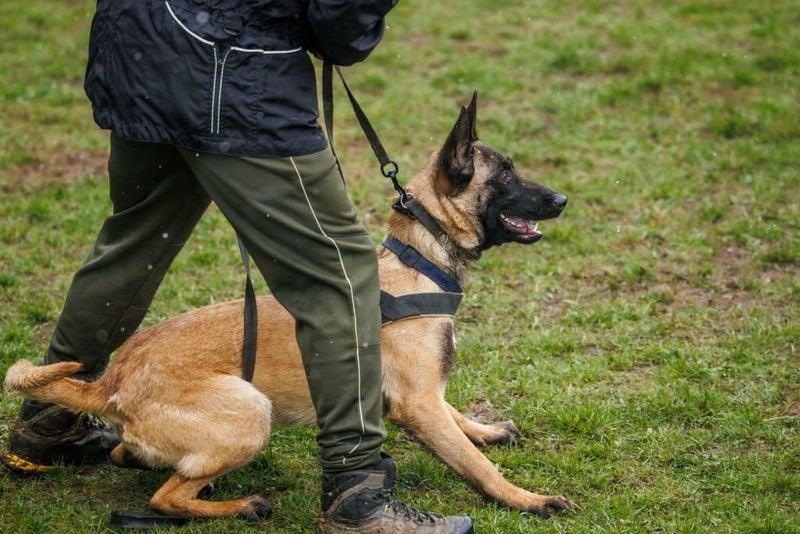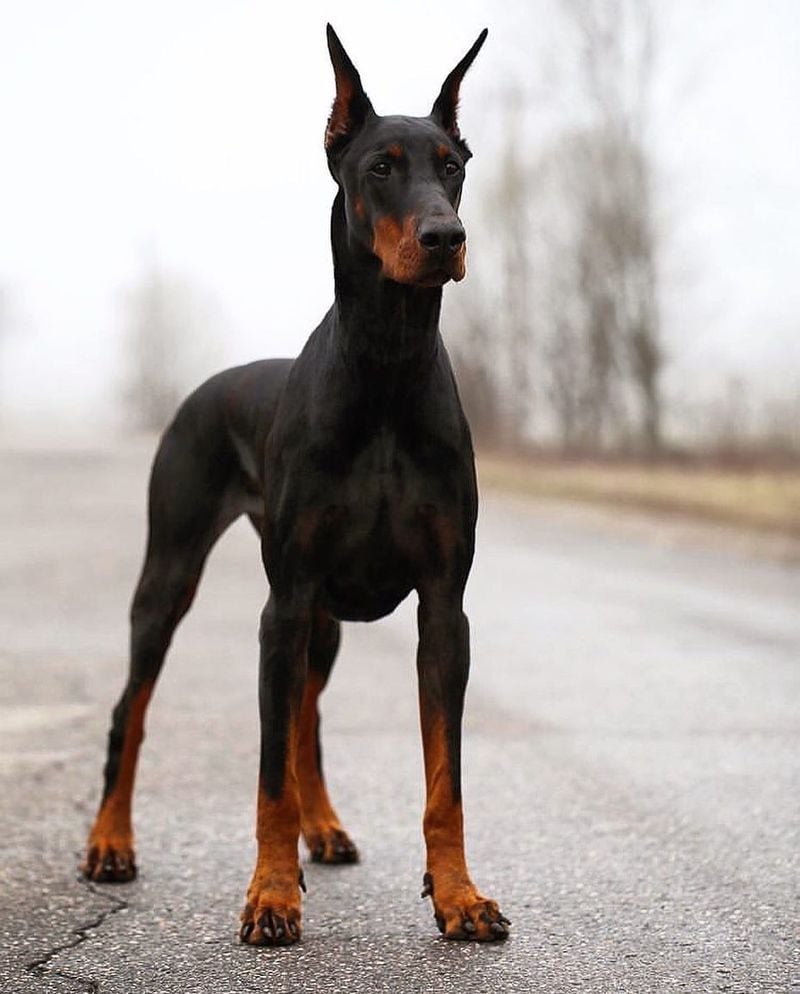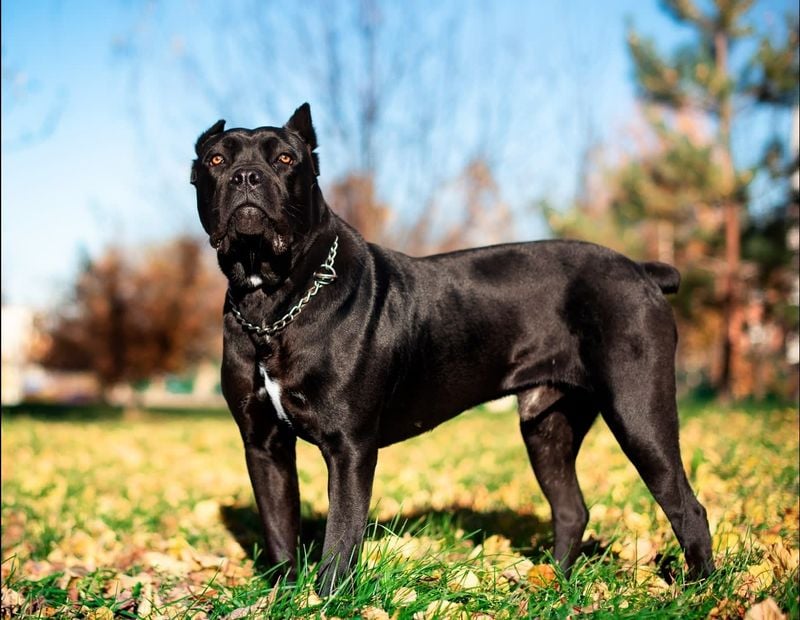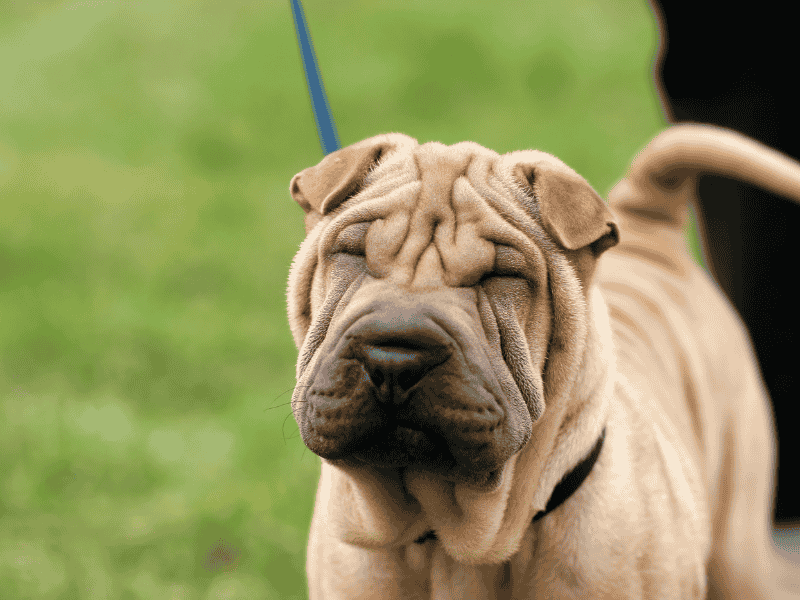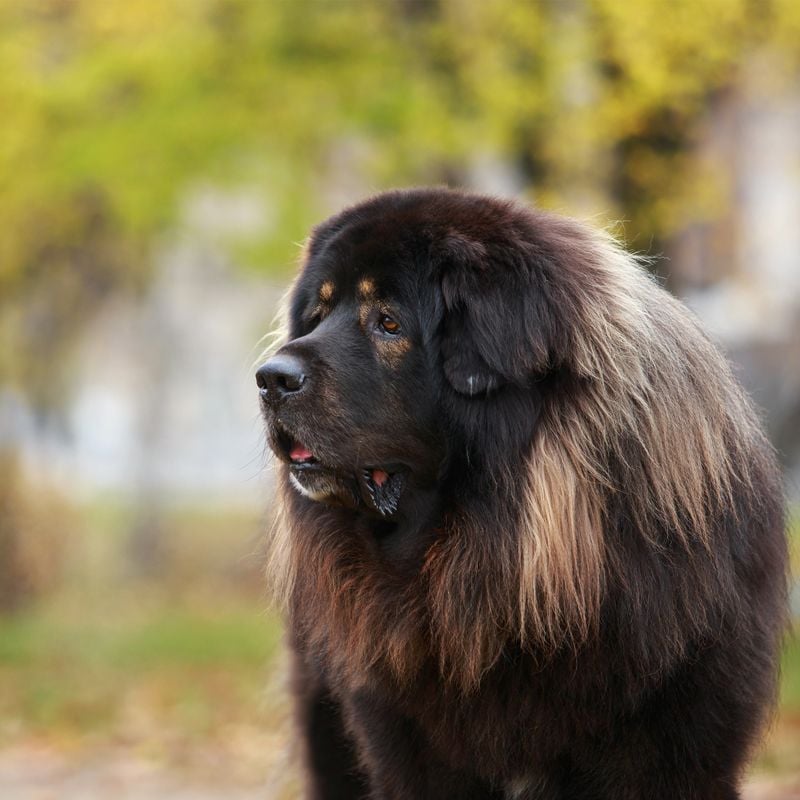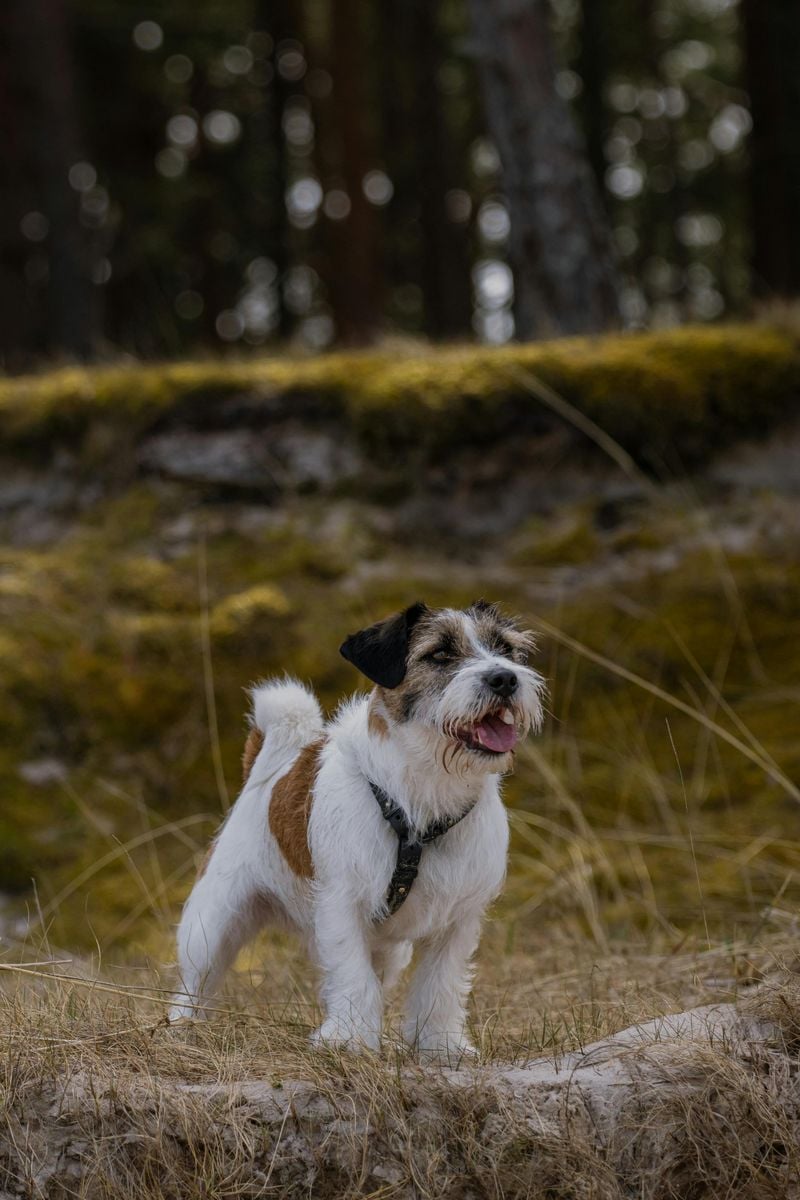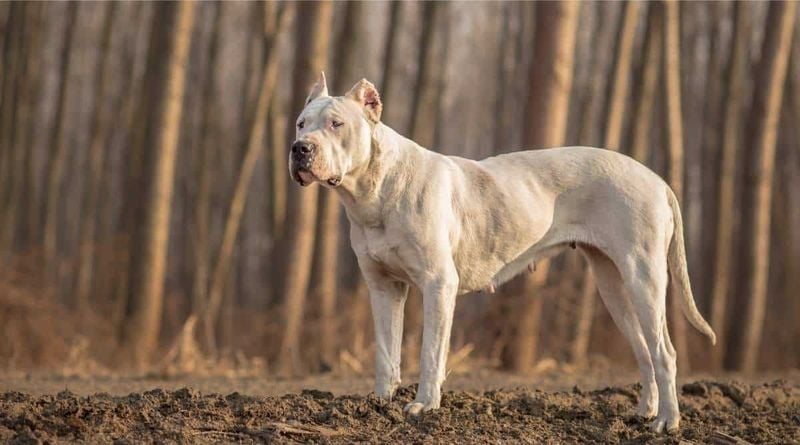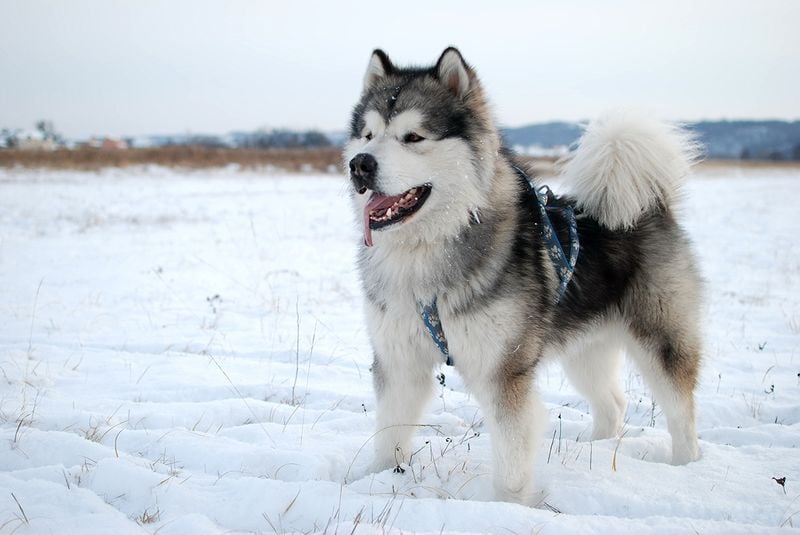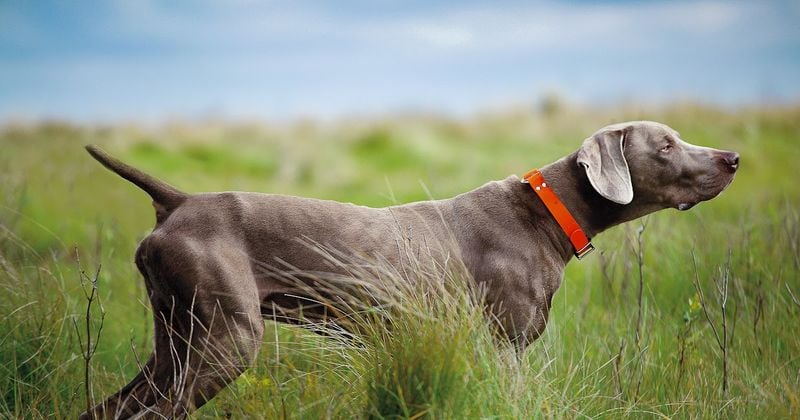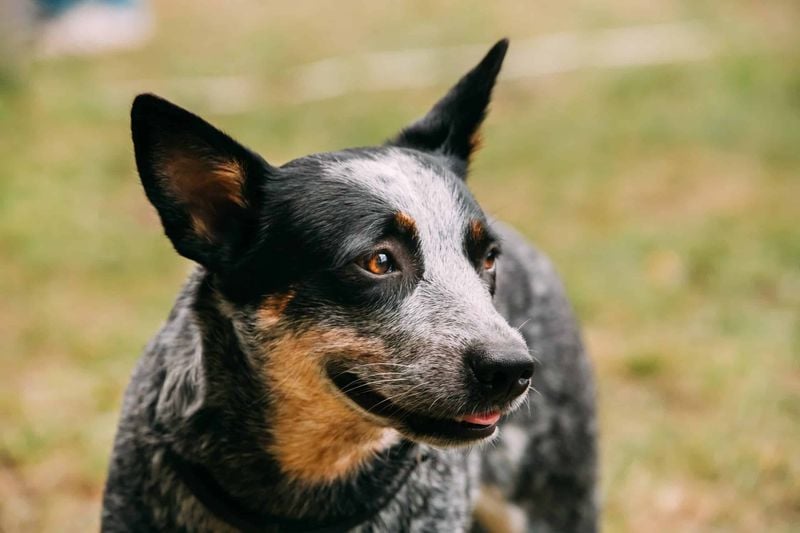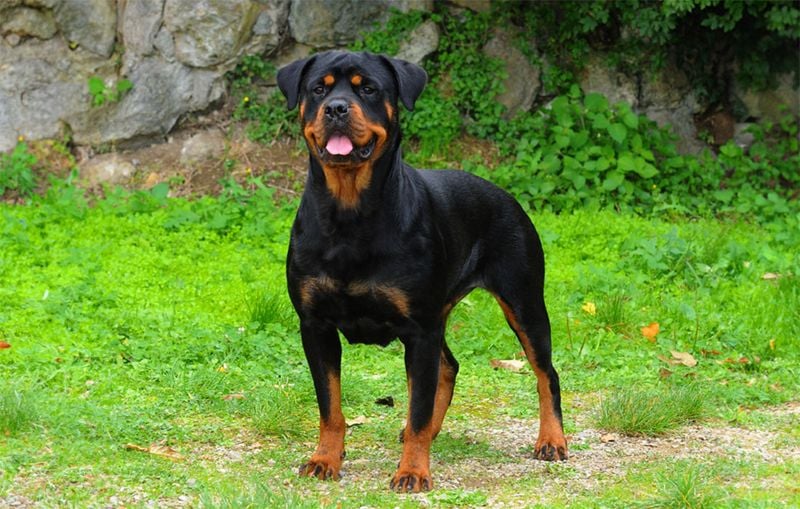These 15 Dog Breeds Struggle Most with Socialization—Here’s What You Should Know
Some dogs are natural social butterflies, wagging their tails at everyone they meet. Others? Not so much.
While every dog has the potential to become a well-adjusted companion, some breeds require much more patience, effort, and early training to truly thrive in social situations.
Whether it’s their protective instincts, stubborn streaks, or deep-rooted independence, these breeds often struggle with new people, unfamiliar dogs, or chaotic environments.
That doesn’t mean they’re bad pets—just that they need a little extra guidance to feel safe and secure around others. If you’re considering one of these breeds, be prepared to put in the time.
With the right socialization and a lot of consistency, even the most reserved pup can learn to enjoy new experiences. Here are 15 dog breeds that are known for being the hardest to socialize.
1. Chow Chow
The Chow Chow, with its lion-like mane and dignified demeanor, is often seen as a breed that marches to the beat of its own drum.
These dogs are known for their aloofness and tend to bond closely with one person, often regarding everyone else with suspicion.
This innate wariness makes early and consistent socialization a must if they are to be comfortable around strangers. Despite their fluffy appearance, Chow Chows can be quite territorial.
They require an owner who understands their need for personal space and respects their independent nature.
2. Shiba Inu
Quirky and cute, the Shiba Inu is known for its spirited personality and stubborn streak. This breed is fiercely independent and might not always be eager to follow commands or please its humans, showing affection on their terms.
They can be wary of strangers and may not get along well with other dogs unless socialized early. Their fox-like appearance and curly tail add to their charm, but new owners should be prepared for a dog that knows its mind.
3. Akita
Akitas are truly formidable, known for their strength and loyalty. They have a dominant personality and strong guarding instincts, often leading them to be wary of strangers and other dogs.
This breed thrives with confident, experienced owners who can establish firm leadership. Early socialization and training are essential to prevent any aggressive tendencies and to encourage positive interactions.
4. Basenji
The Basenji is a unique breed known for its intelligence and independence. Often called the ‘barkless dog,’ this breed communicates with yodels and howls, reflecting its distinctive voice.
While they are affectionate with their families, Basenjis may be indifferent or reserved when it comes to strangers or unfamiliar dogs. Early and regular socialization can help them adapt to new environments.
5. Belgian Malinois
Belgian Malinois are incredibly intelligent and driven dogs, often used in police and military work. While their intelligence is impressive, it can also lead to challenges if not properly managed.
This breed needs ample mental and physical stimulation to prevent boredom and potential reactivity. Early and consistent socialization is crucial for minimizing anxiety and aggressive tendencies.
6. Doberman Pinscher
Dobermans are renowned for their loyalty and protective nature, making them excellent family guardians. They often have a natural suspicion towards strangers, necessitating social exposure from a young age.
Their sleek, muscular build and alert ears present a picture of elegance and power. These dogs need an owner who can provide firm yet compassionate leadership.
7. Cane Corso
With a commanding presence, the Cane Corso is a breed that requires early and consistent socialization. These dogs are natural guardians and can be wary of strangers without proper exposure.
Their muscular build and intense gaze make them formidable yet loyal companions. Owners must establish themselves as confident leaders through positive reinforcement and training.
8. Shar Pei
The Shar Pei is instantly recognizable by its deep wrinkles and blue-black tongue. They are often wary of strangers and can be aggressive toward unfamiliar dogs if not socialized early.
Training consistently with positive methods helps these dogs become more accepting of new people and environments. Their independent spirit and loyalty to their family make them unique companions.
9. Tibetan Mastiff
The Tibetan Mastiff commands respect with its majestic appearance and naturally protective instincts. Known for their independence, these dogs can be reserved and view strangers with suspicion.
Socializing them from a young age is key to ensuring they can adapt to new environments and people. Their thick double coat and large size require dedicated grooming and care.
10. Jack Russell Terrier
Small but mighty, the Jack Russell Terrier is known for its energetic and feisty nature. These dogs are intelligent and highly trainable but can be aggressive towards other dogs if not socialized properly.
They thrive in environments where they receive plenty of mental and physical stimulation. Their boundless energy and playful antics can keep families entertained, but they may not have the patience for young children.
11. Dogo Argentino
Bred for big game hunting, the Dogo Argentino is a muscular and powerful breed that requires dedicated training. They can display dominance and aggression toward other dogs if not properly socialized.
This breed needs an owner who can provide firm leadership and structure. With the right guidance, they can become loyal and well-behaved companions.
12. Alaskan Malamute
The Alaskan Malamute, with its wolf-like appearance and thick coat, is a breed built for endurance and strength. These dogs are highly pack-oriented but can be dominant and territorial with other dogs.
Early socialization is crucial to help them develop positive relationships with other pets and humans. Malamutes thrive in active households where they can participate in activities like sledding or hiking.
13. Weimaraner
Weimaraners, known as Velcro dogs, form strong bonds with their humans and often exhibit separation anxiety. These elegant dogs love being the center of attention but may become anxious or aggressive when left alone or around strangers.
Socializing them from a young age helps them adapt to various social settings. They require plenty of exercise and mental stimulation to satisfy their high energy levels.
14. Australian Cattle Dog
The Australian Cattle Dog, also known as the Blue Heeler, is known for its intelligence and tireless work ethic. These dogs have strong herding instincts, which can make them wary of unfamiliar people and dogs.
Early socialization is key to helping them develop positive interactions with various environments and individuals. They thrive in active households where they can participate in activities like agility or obedience training.
15. Rottweiler
Rottweilers are renowned for their loyalty and protective nature, often forming strong bonds with their families. Naturally distrustful of strangers, they require firm and positive socialization to ensure they don’t become overly protective.
These dogs thrive with experienced owners who can provide consistent training and boundaries. Their muscular build and calm demeanor make them both formidable and affectionate companions.

